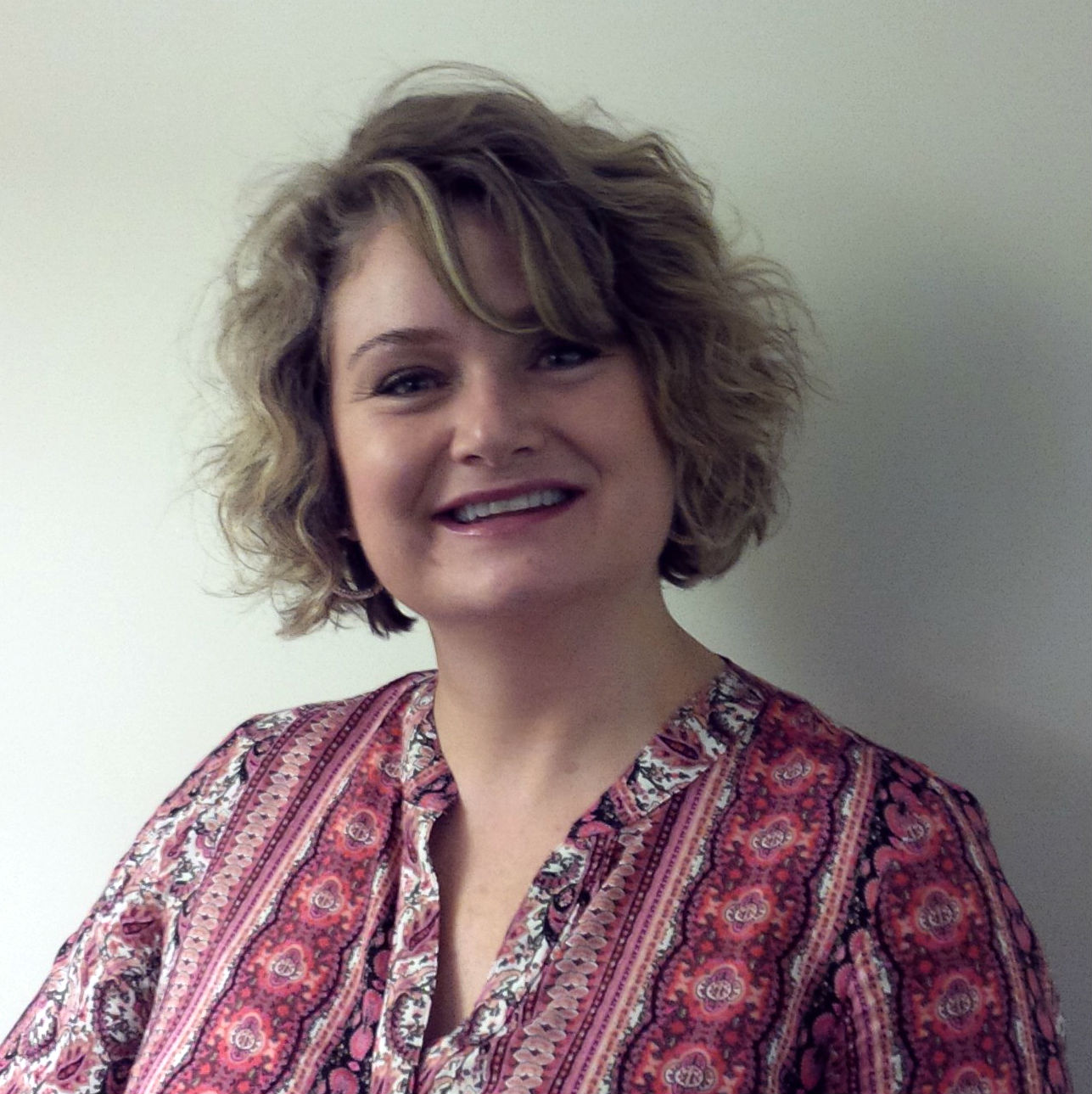Stephanie Howes has a message for women everywhere: you are the best weapon in the fight against breast cancer.
“You have to be your own advocate,” says Howes, Kwantlen Polytechnic University’s acting associate dean in the faculty of community and health studies.
“There is a lot of controversial and conflicting messaging out there, but you have the power and the right to ask questions and assert authority over your own health to the point that you are confident with whatever you decide.”
The Provincial Health Services Authority announced changes to B.C.’s breast cancer screening policy in February. While annual mammograms continue to be recommended for women age 40 to 74 who have a history of breast cancer in the immediate family, women age 40 to 49 who have no such history will only have access to screening every two years, unless they get a doctor’s referral.
The change in policy from annual screening to screening every two years for the latter group is in keeping with research that shows relatively low levels of cancer incidence in this age group compared to older age groups.
Some corners of the medical community oppose the change and say annual mammograms are the gold standard for breast cancer detection.
Regardless of which camp is correct, Howes says women have the power to decide the level and frequency of screening they receive. A registered nurse, Howes says women also shouldn’t discount the value of doing their own breast self-exams (BSE), in addition to regular mammograms. Click here for BSE information.
“My advice is to get comfortable speaking to your doctor about it and also listen to your body. Pay attention to those subtle changes that perhaps only you notice, and share them with your doctor.”
One in nine Canadian women is expected to develop breast cancer during her lifetime, and it’s the most common cancer in Canadian women, accounting for one in four cancer diagnoses. The risk of being diagnosed with breast cancer increases with age – 82 per cent of new breast cancer cases will occur in Canadian women over the age of 50.
With regular mammography screening, advances in screening technology and improved cancer treatment, breast cancer deaths have decreased by 42 per cent since 1986.